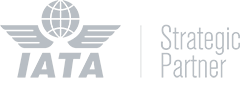
The United Arab Emirates' Advance Cargo Information (ACI) program, spearheaded by the National Advance Information Center (NAIC), has reached a pivotal moment with the launch of its second phase.
As of July, NAIC is actively urging carriers to adopt PLACI and initiate testing. With the transition expected to wrap up by early 2025, airlines are being strongly encouraged to prepare for the forthcoming PLACI regulations governing cargo transport to and from the UAE.
This landmark development underscores the UAE's unwavering commitment to streamlining customs procedures, bolstering air cargo security, and solidifying its status as a premier global trade hub.
How can airlines comply?
To comply with the UAE's ACI program the inclusion of the first six digits of the Harmonized System (HS) code for all goods items listed on an air waybill will be crucial. While six digits are mandatory, eight-digit HS codes are also accepted.
HS codes will need to be submitted using either FWB or FHL messages, depending on the specific shipment type:
- For consolidated shipments: airlines must submit the HS code on the House Waybill level.
- For direct shipments: airlines must submit the HS code on the Master Waybill level.
- For direct back-to-back shipments: airlines must submit the HS code on the House Waybill level.
Non-compliance with ACI PLACI requirements may result in sanctions, financial penalties, and disruption in supply chains, leading to delays.
Simplify your ACI filings using Traxon Global Security
CHAMP's regulatory solution, Traxon Global Security (TGS), is ready for compliance with Phase Two of the UAE's NAIC.
Carriers and freight forwarders can send their consignment data as CargoIMP FWB and single HWB FHL messages to TGS before loading.
TGS then sends the required data for assessment and handles the returned responses, translating the security event codes into meaningful status information upon which the filing trader can act.
.png)



